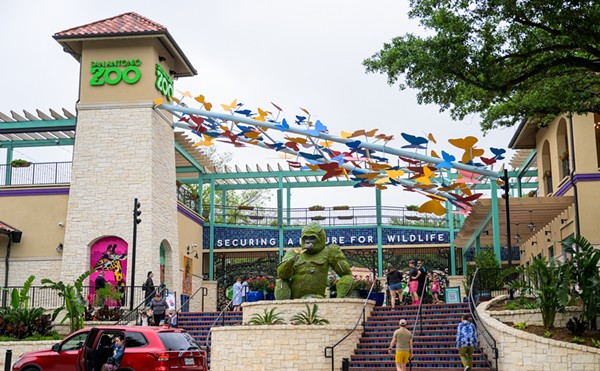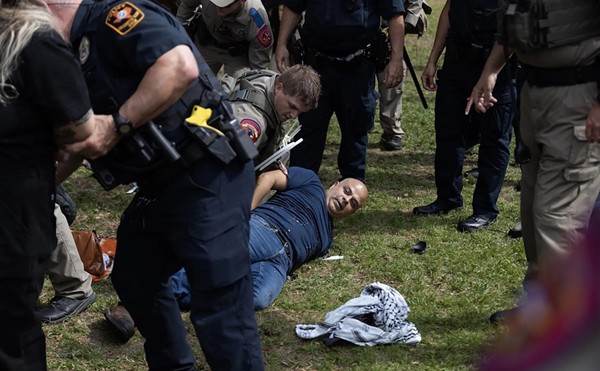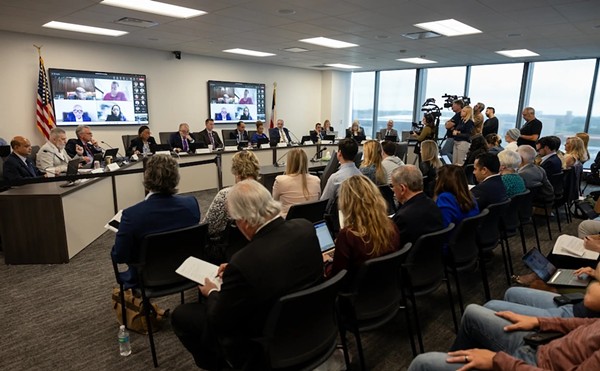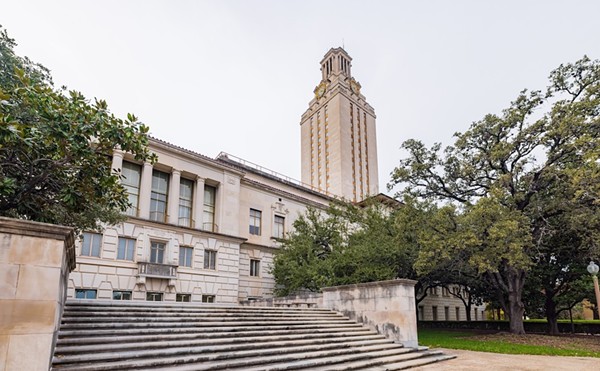The course will be led by Dr. Richard Abitz (resume clip below), who has worked since the '80s on problems related to hazardous and radioactive waste contamination.
The stated course objective is to help regional residents better understand what uranium is, where it comes from, how it is mined, and what happens when it is dissolved in water.
It's a timely topic as companies scout South Texas to revive old mine fields and drill into new ones.
There is no charge for attendance.
9 am – 2:30 pm
St. Gertrude's Catholic Church Parish Hall
400 E. Caesar
Kingsville, Texas
For more information, contact Dr. Mark Walsh at 361.595.1265 or electronically at [email protected]
On Abitz:
Dr. Abitz is a geochemist with over eighteen years of experience in the environmental services sector of private and government organizations. His broad experience encompasses project and personnel management, analysis of chemical and radiological data, modeling of soil/water systems and radioactive waste streams with experimental methods and geochemical computer codes, risk assessment, and development of work plans for CERCLA and RCRA sites. His technical expertise includes the application of geochemical principles, experimental methods, and computer models to problems involving the solubility and mobility of hazardous and radioactive elements in the environment, evaluation of environmental and human risk associated with exposure to contaminants in air, soil and water media, remediation techniques for waters and soil contaminated by hazardous and radioactive wastes, and the design and treatment of mixed and radioactive waste streams.
As an environmental consultant, Dr. Abitz has used his management skills and knowledge of geochemical processes to perform and complete project work on a number of high profile milestones. For the Navajo Nation, he serves as a technical expert and has evaluated the geochemistry of proposed in situ uranium mining in the Church Rock and Crownpoint areas of New Mexico, and he supported the Navajo EPA in their evaluation of water quality at the United Nuclear Corporation superfund site in Church Rock. At the Fernald, Ohio superfund site, Dr. Abitz was the site geochemist responsible for the integration of technical tasks associated with preparing sampling plans, collecting soil, water and air samples, data validation, data analysis and modeling, in situ measurements for 226Ra, 232Th, and 238U activity using sodium iodide and high-purity germanium detectors, developing an estimate of the Curie inventory in the on-site disposal cell (OSDF), preparation of the residual risk assessment and soil certification reports. He also served the Fernald site as a senior consultant to the DOE Technology Development Program and managed active research projects at several universities. These projects included laboratory studies on the mobilization and removal of radionuclides and metals from soil/water systems, including the passive removal of uranium from groundwater using inorganic and organic systems.
Dr Abitz also has extensive experience at other DOE sites. At Los Alamos National Laboratory (LANL), he developed waste analysis and radioactive material management plans for transuranic and low-level mixed wastes generated, treated, and stored on site. For the Idaho National Engineering Laboratory (INEL), Dr. Abitz evaluated the waste characterization program for high-level radioactive and hazardous waste processed at the Idaho Chemical Processing Plant (ICPP). Dr. Abitz also directed geochemical studies at the Waste Isolation Pilot Plant (WIPP) that evaluated the composition and origin of saline groundwater and brine in the vicinity of and within this underground repository for transuranic waste.


















